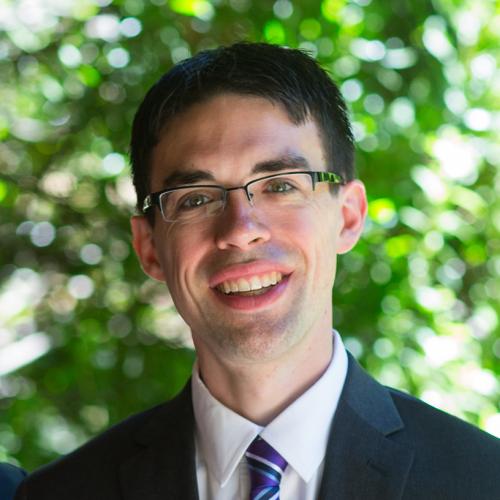The yt project, an open science environment created to address astrophysical questions through analysis and visualization, has been awarded a $1.6 million dollar grant from the National Science Foundation (NSF) to continue developing their software project. This grant will enable yt to expand and begin to support other domains beyond astrophysics, including weather, geophysics and seismology, molecular dynamics, and observational astronomy. It will also support the development of curricula for Data Carpentry, to ease the onramp for scientists new to data from these domains.
iSchool Assistant Professor Matthew Turk is leading the project with Nathan Goldbaum, Kacper Kowalik, and Meagan Lang of the National Center for Supercomputing Applications (NCSA) and in collaboration with Ben Holtzman at Columbia University in the City of New York and Leigh Orf at the University of Wisconsin-Madison.
yt is an open source, community-driven project working to produce an integrated science environment for collaboratively asking and answering questions about simulations of astrophysical phenomena, leading to the application of analysis and visualizations to many different problems within the field. It is built in an ecosystem of packages from the scientific software community and is committed to open science principles and emphasizes a helpful community of users and developers. Many theoretical astrophysics researchers use yt as a key component of all stages of their computational workflow, from debugging to data exploration, to the preparation of results for publication.
yt has been used for projects within astrophysics as diverse as studying mass-accretion onto the first stars in the Universe, the outflows from compact objects and supernovae, and the star formation history of galaxies. It has been used to analyze and visualize some of the largest simulations ever conducted, and visualizations generated by yt have been featured in planetarium shows such as Solar Superstorms, created by the Advanced Visualization Lab at NCSA.
"I'm delighted and honored by this grant, and we hope it will enable us to build, sustain, and grow the thriving open science community around yt, and share the increase in productivity and discovery made possible by yt in astrophysics with researchers across the physical sciences," said Principal Investigator Matthew Turk.
